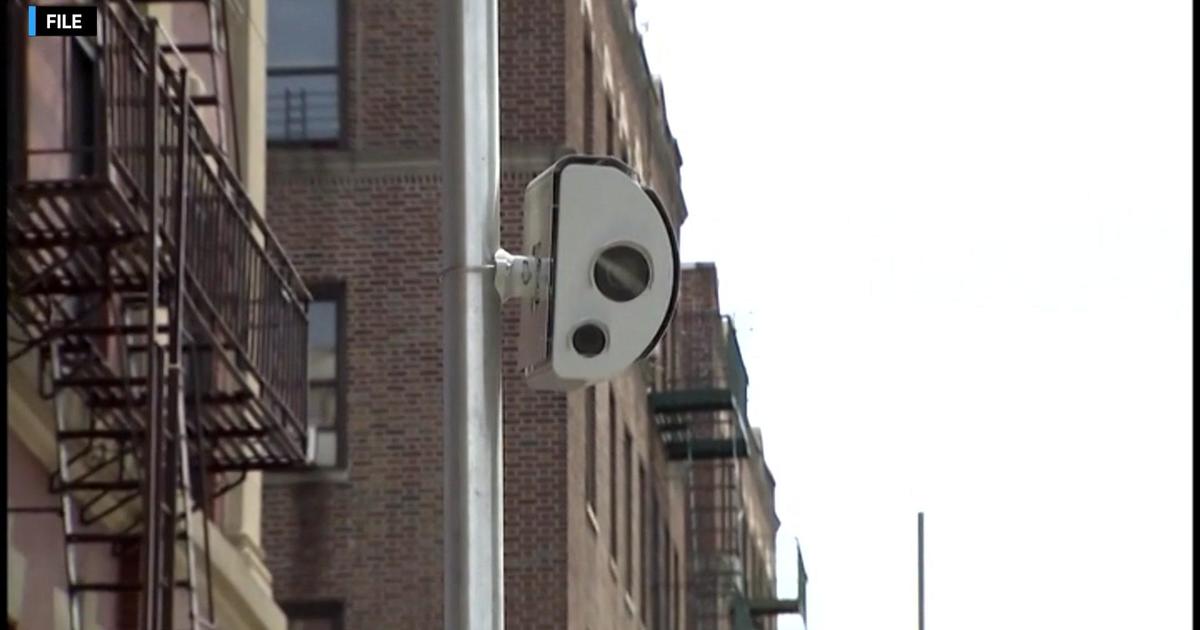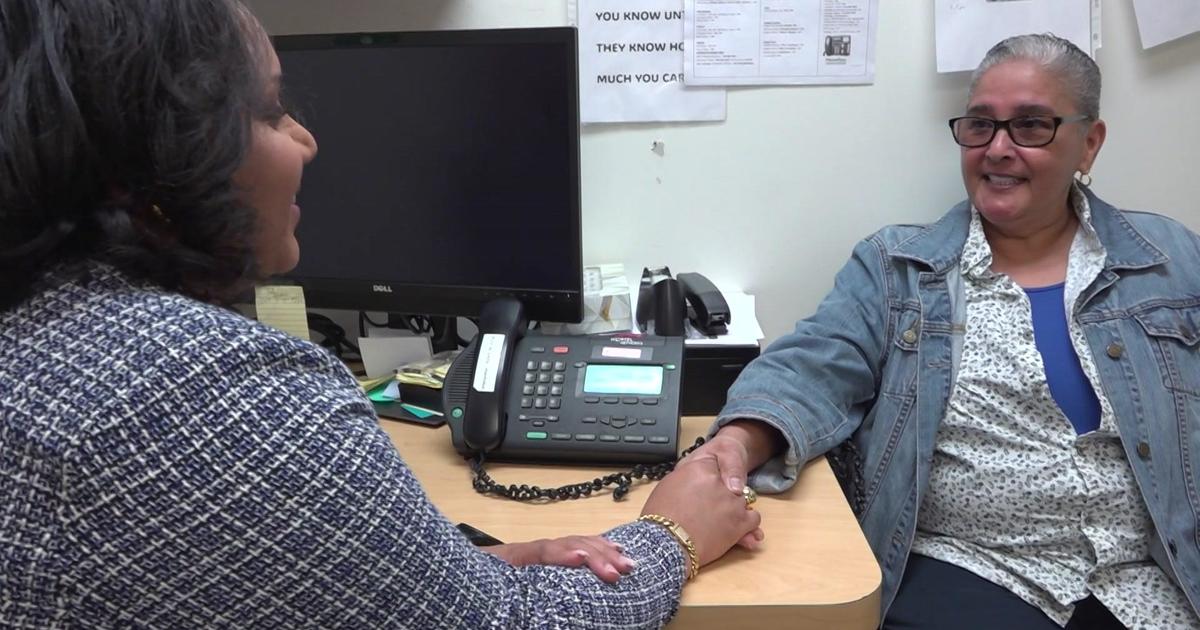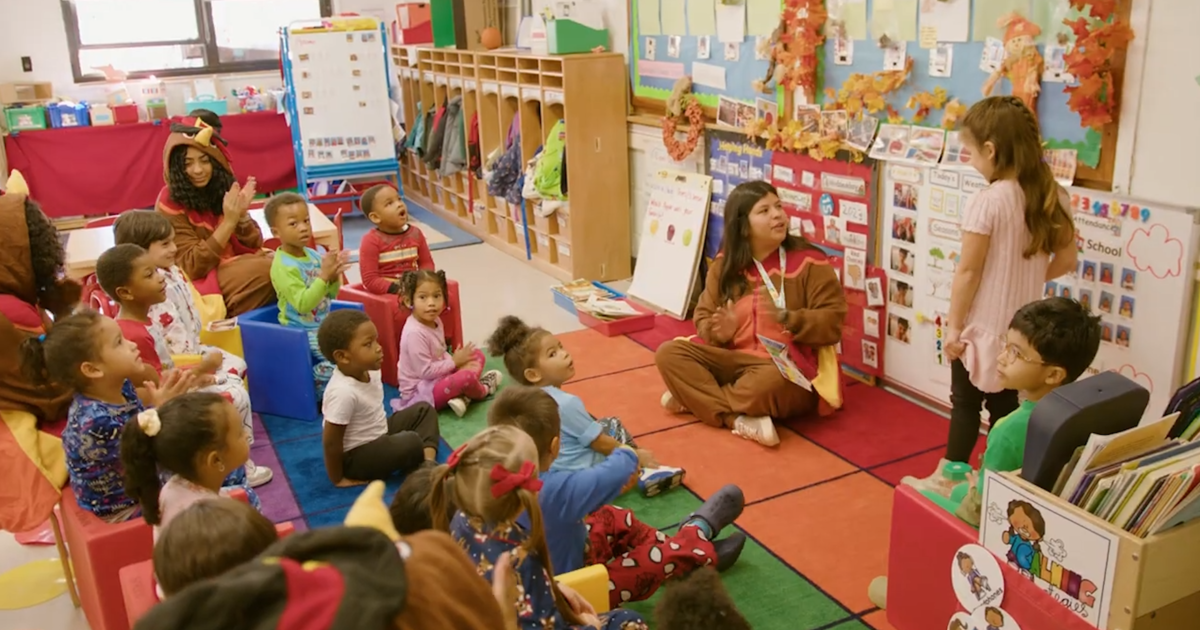The NYC Eye Care Guide: Tips & Resources For Parents
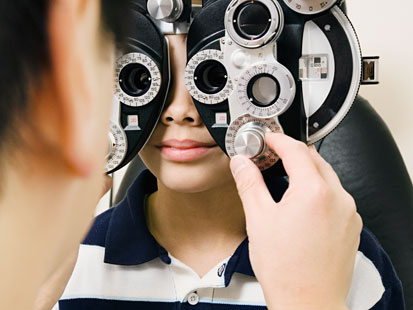
When it comes to caring for the eyes of your children - and yourself - you can't be too careful. To help you take a second look at the most important eyes in your life, CBSNewYork spoke with Dr. Andrea Thau, a Manhattan-based optometrist and spokesperson for the American Optometric Association. By Renee Smith.
Comprehensive Exams
It may surprise you to know that the eye exams your child receives in school and at the pediatrician are not enough. The American Optometric Association recommends strongly that all children receive a comprehensive eye exam with a developmental optometrist by age 1, at age 3, age 5 and every 1-2 years after that. Dr. Thau explained that vision is something that develops as our children grow and the eye and brain begin to work together. Since problems can emerge at different ages, receiving a comprehensive eye exam is imperative throughout childhood. Many eye conditions are preventable when detected early. Early detection can potentially save years of struggling for children since eyesight has a profound impact on learning and social interaction.
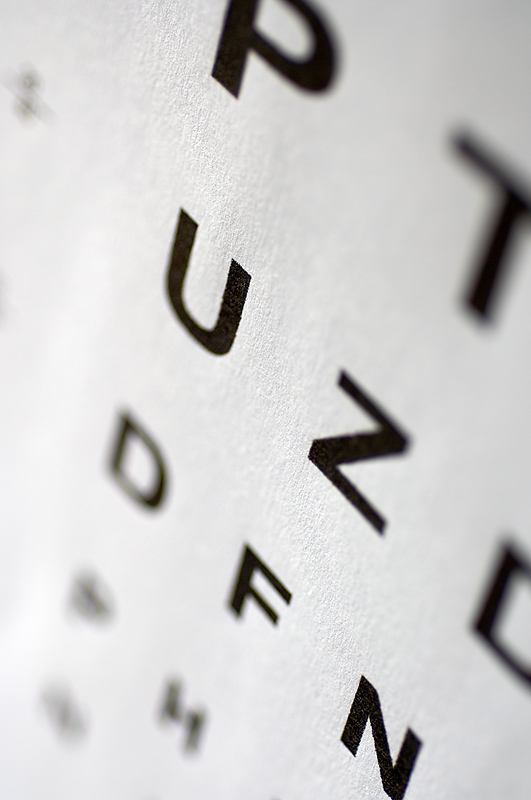
In fact, Dr. Thau, along with other AOA optometrists, developed a program called InfantSEE ® which allows children between the ages of 6 and 12 months to receive a free comprehensive eye exam with an AOA InfantSEE ® doctor. This program has already been successful in saving the lives of infants and preventing countless diseases in children.
The eyes are a very complex system and because they work together with the brain, vision is often interrelated with learning problems in children. Comprehensive eye exams can be particularly helpful when children are struggling with the learning process. Many children who are misdiagnosed as having learning disabilities actually have eye or vision problems, which once detected is usually correctable.
Protect Your Children's Eyes
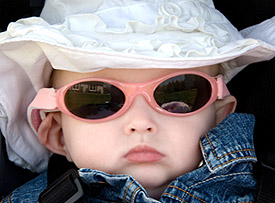
"You don't want to take your child's vision for granted", says Dr. Thau. There are many steps parents can take to protect their children's vision throughout childhood.
o Get Outdoors! Studies show that children who play more outdoor sports have better vision, because being outdoors forces our eyes to focus on things both near and far. Too much time spent looking at things close up (computers, television, etc.) limits eyesight development.
o Give it a Rest! Children often spend long periods of time looking at the computer, television and games. To prevent vision problems, teach your children to follow the 20-20-20 rule: For every 20 minutes of working or playing with items that are near, take a 20 second break to look something 20 feet away.
o UV Protection. We have finally learned to slather our children's skin with sunscreen to protect it from harmful UV rays. Now, we need to apply that wisdom to their eyes as well. Accumulation of damage from UV rays can lead to vision problems and disease later in life. So, outfitting your children with sunglasses or a baseball hat will go a long way toward prevention.
Resources
InfantSEE®
infantsee.org
Search for an AOA InfantSEE® doctor to receive a free comprehensive eye exam for your child.
American Optometric Association
aoa.org
This website is loaded with practical information about vision and eyes. Use it also to search for an AOA doctor near you, like Dr. Andrea Thau.
College of Optometrists in Vision Development
covd.org
This is another great resource for information on vision and wellness presented in a practical context for parents.

